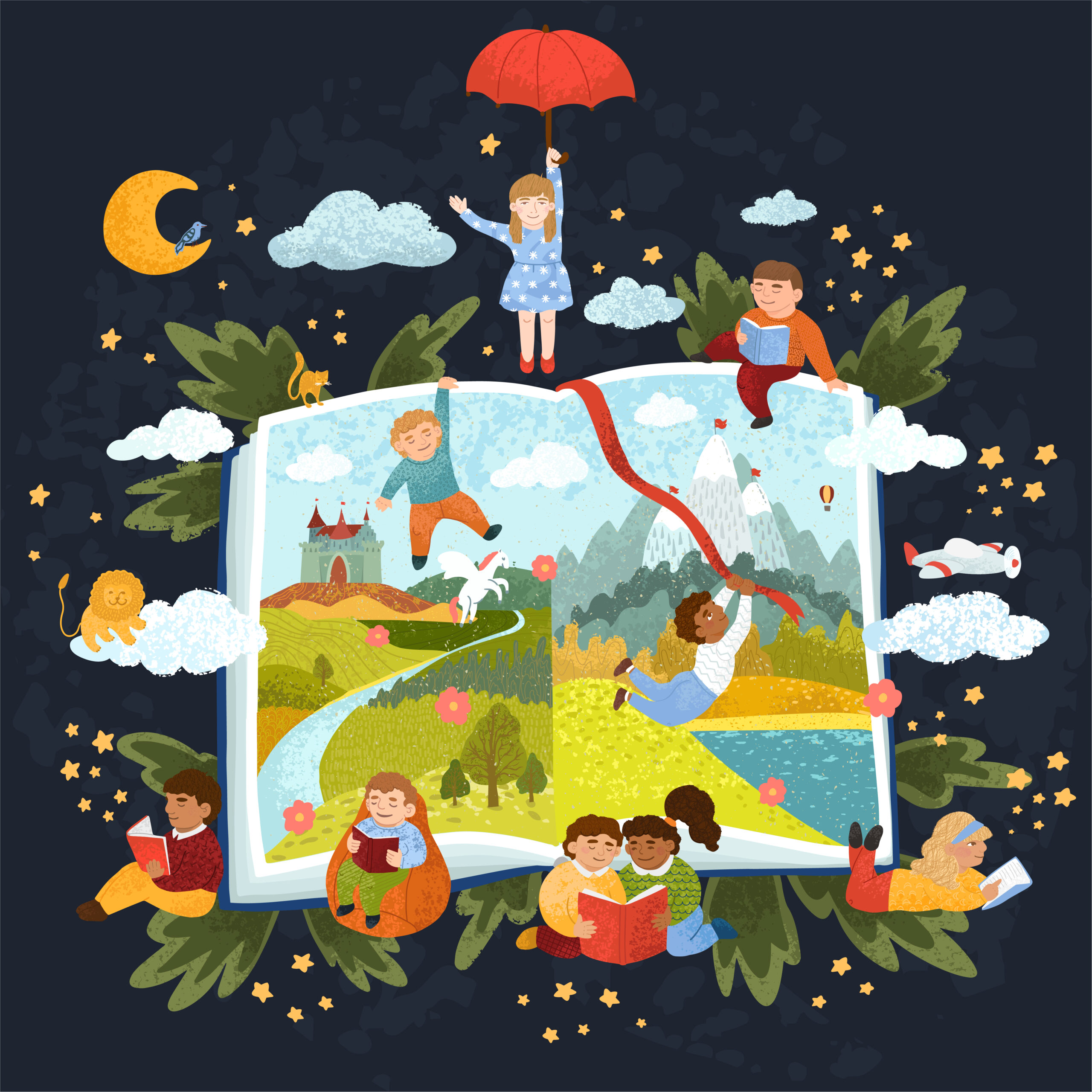LET’S is consulting for SFU on the creation of their Accessibility Plan, a requirement of the Accessible BC Act.
“An organization must develop a plan to identify, remove and prevent barriers to individuals in or interacting with the organization. An organization must review and update its accessibility plan at least once every 3 years. In developing and updating its accessibility plan, an organization must consider the following principles: inclusion; adaptability; diversity; collaboration; self-determination; universal design.
In developing its accessibility plan, an organization must consult with its accessibility committee.”
We met in May for LET’S to deliver a Disability Awareness workshop. Preceding the workshop were introductions to team members, including:
- Heather McCain (LET’S’ Executive Director, accessibility consultant)
- Allison Rugge (Rugge Consulting, project management, planning, analysis, leadership)
- Laya Behbahani (SFU, Director, Equity Diversity Inclusion, Staff, Office of the Vice-President, People, Equity & Inclusion)
- Rachel N. Wong (SFU, communications)
Katrina Trinidad (SFU, student communications)
Heather, from LET’S, was retained by SFU to guide the project team on how best to communicate with accessibility in mind. The Disability Awareness workshop included accessibility guidelines when communicating out the invitations for consultations on the Accessibility Project. The workshop was well received and attendees learned a lot. Workshop topics included:
overview of types of disabilities, neurodiversity, Deaf/deaf
current terminology,
avoiding using diagnosis’ as adjectives,
intersecting factors that affect how language is used,
not using disabilities in idioms, metaphors, etc.
how to ensure ableism isn’t embedded in language,
person first versus identity first language


